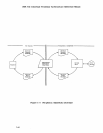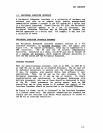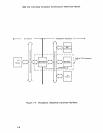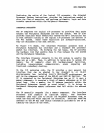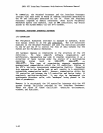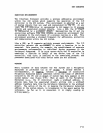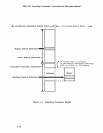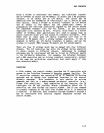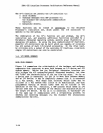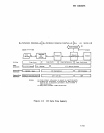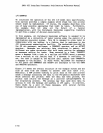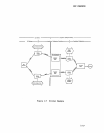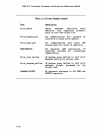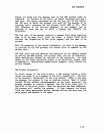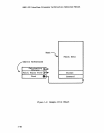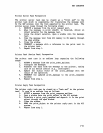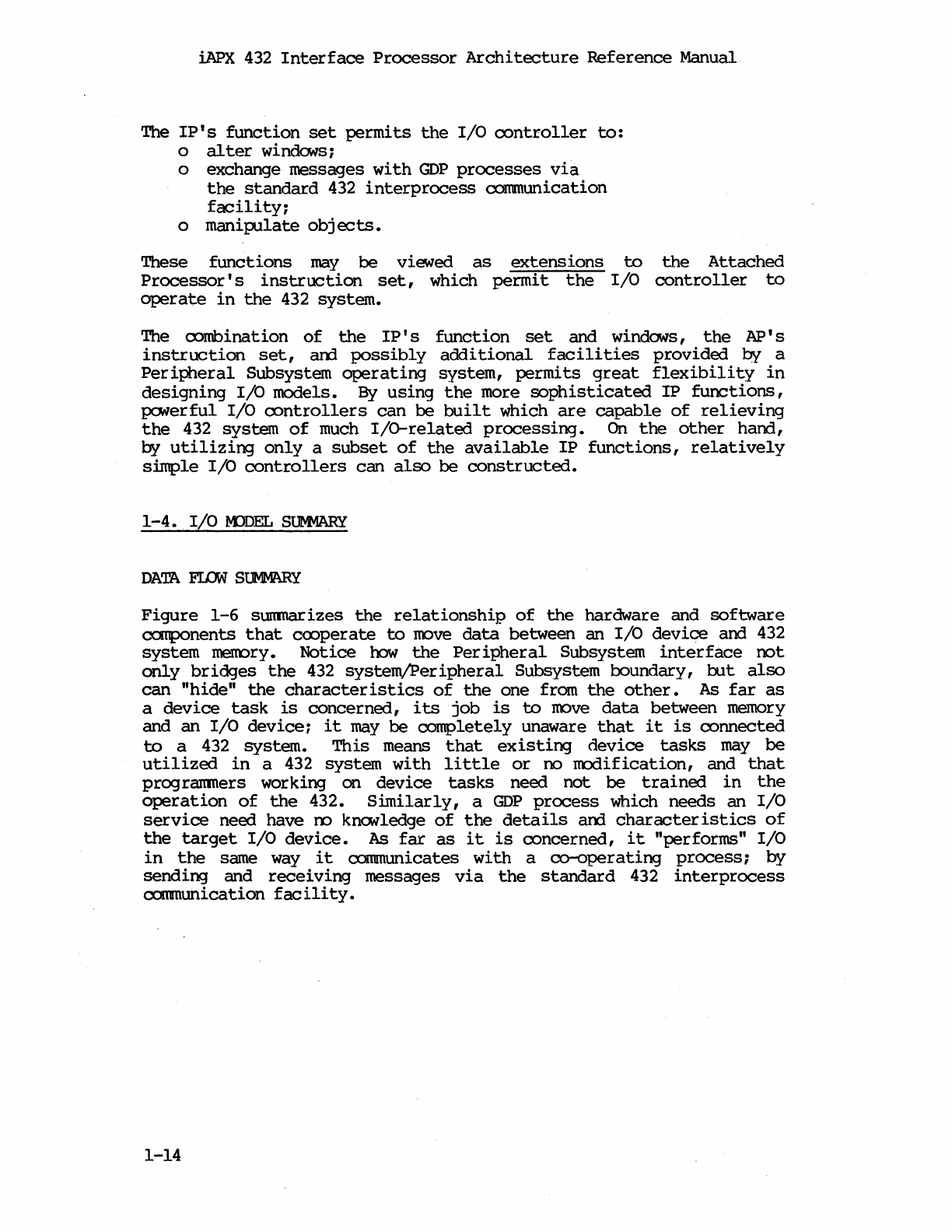
iAPX
432
Interface
Processor
Architecture
Reference
Manual
The
IP's
function
set
permits
the
I/O
controller
to:
o
alter
windows;
o exchange messages
with
GOP
processes
via
the
standard
432
interprocess
communication
facility;
o
manitulate
objects.
These
functions
may
be
viewed
as
extensions
to
the
Attached
Processor's
instruction
set,
which
permit
the
I/O
controller
to
operate
in
the
432
system.
The
combination
of
the
IP'
s
function
set
and windows,
the
AP' s
instruction
set,
am
possibly
additional
facilities
provided
by
a
Peripheral
Subsystem
operating
system,
permits
great
flexibility
in
designing
I/O
models.
By
using
the
more
sophisticated
IP
functions,
powerful
I/O
controllers
can
be
built
which
are
capable
of
relieving
the
432
system
of
much
I/O-related
processing.
On
the
other
hand,
by
utilizing
only
a
subset
of
the
available
IP
functions,
relatively
simple
I/O
controllers
can
also
be
constructed.
1-4
•.
I/O
IDDEL
Sur-MARY
DATA
E'I1m
SUMMARY
Figure
1-6
summarizes
the
relationship
of
the
hardware and
software
components
that
cooperate
to
I1'Ove
data
between
an
I/O
device
and 432
system
menory.
Notice
how
the
Peripheral
Subsystem
interface
not
only
bridges
the
432
system/peripheral
Subsystem
boundary,
rut
also
can
"hide"
the
characteristics
of
the
one from
the
other.
As
far
as
a
device
task
is
concerned,
its
job
is
to
I1'Ove
data
between memory
and
an
I/O
device;
it
may
be
completely
unaware
that
it
is
connected
to
a 432
system.
This
means
that
existing
device
tasks
may
be
utilized
in
a 432
system
with
little
or
no
m:Xiification,
and
that
progranmers
working on
device
tasks
need
not
be
trained
in
the
operation
of
the
432.
Similarly,
a
GOP
process
which
needs
an
I/O
service
need have
no
knowledge
of
the
details
and
characteristics
of
the
target
I/O
device.
As
far
as
it
is
concerned,
it
"performs"
I/O
in
the
same
way
it
communicates
with
a
co-operating
process;
by
sending
and
receiving
messages
via
the
standard
432
interprocess
communication
facility.
1-14



